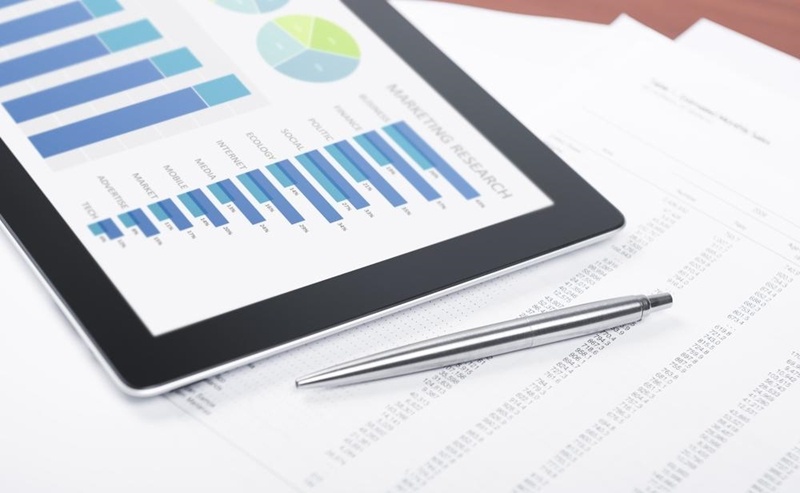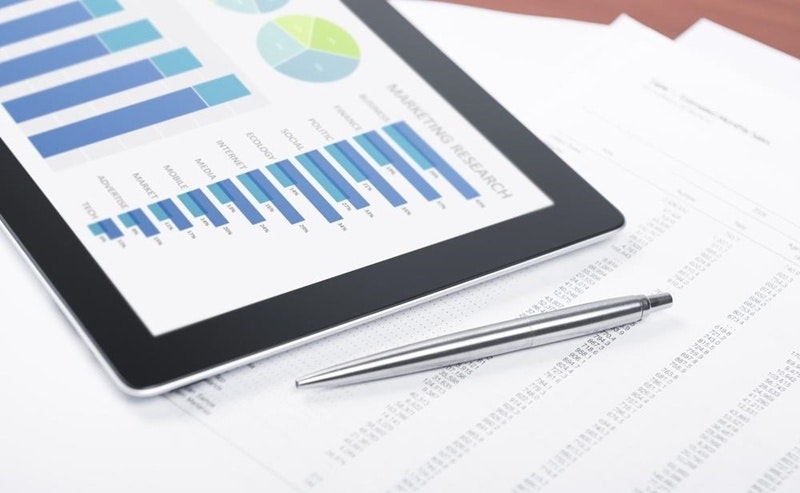Forecasting cash flow can help maintain your business' financial health
Any business is fragile, but this is especially true of a young startup that's still working out the kinks in its operations. If you're still settling into a routine with your customers, trying to figure out their tendencies with orders and payments, it can be hard to find business stability.
Essentially, the challenge boils down to cash flow. To take your startup to the next level, you need to have cash - the more you have, the more talented people you can bring on board to help drive growth. This means it's difficult to achieve your growth goals when you still don't have a good handle on who's paying you, how much and when.
To take your startup to the next level, you need access to quick cash.
This is where cash flow forecasting can play a role. Try to figure out what your upcoming payment schedule will look like. If you can't determine everything precisely, at least get an estimate. This information can be priceless when it comes time to map out your future growth plans. Conversely, if you don't have this knowledge, it might be devastating.
Knowing just what's at stake
If you're unclear on why it's so important to forecast your company's cash flow, consider this statistic. According to the Victoria State Government, 80 per cent of companies that fail in Australia do so because of trouble with managing cash flow. You might think there's another problem at work, like a product that's unpopular or a business model that's unviable, but those are just a small part of the problem. Usually, collecting cash is the real issue.
With this in mind, you've got to take active steps to make sure your company isn't one of the failed ones. Stay on top of potential cash flow issues by looking ahead and trying to predict how much you'll collect and when. If you have a good forecast at your fingertips, you can make savvy financial decisions that consider both your present and future needs.
Using analytics to make predictions
The goal in cash flow forecasting is to take all your company's sales, both now and later, and predict when you'll actually collect the money that's been pledged to you. It's all about turning theoretical numbers into tangible working capital.
Sometimes, it's difficult to guess when you'll get that cash, but here's the good news - incorporating a little bit of analytics can make that process significantly easier. According to CIO World, companies in Australia have already had a good deal of luck using modern technology to predict debt settlement dates.
"When we are doing cash flow forecast, we needed that settlement date," said Armand Mizan, manager of business systems and development at Australia Post. "In order to overcome that, we applied lags to transactions to arrive at a settlement date."

Analytics can help you make key decisions about forecasting cash flow.
If you can figure out how long transactions tend to take, you can predict when each dollar you're owed will be collected. Armed with this information, you can make smarter decisions about your company's future.
How you can improve payment processing
Of course, all the analytics can do is give you rough estimates. There are still no guarantees that a good cash flow forecast can lead to a healthy business.
There are some tangible steps you can take to smooth out payment processing.
If you still have doubts involving your company's unpaid invoices, there are some tangible steps you can take to smooth out payment processing and improve your company's financial health. For example, Due.com recommends syncing your company's credit terms with its financial needs. If you have major expenses that are due within 15 days, then send your customers invoices that with due dates that line up. The last thing you want to do is deal with a lag period that threatens your company's stability.
The other thing you can do to improve cash flow is, quite simply, to get more cash. If you need a little extra money to help you get through a challenging business cycle, there are ways you can reach out and get it.
If you need a little extra cash...
Even if you write the perfect cash flow forecast that shows exactly when you can expect to have money in the bank, you still can't be sure. Some billing cycles don't go the way you expect, even if all the analytics say they will. If and when your company has such problems, it'll be good to have a backup source of funding available such as debtor finance.
All sorts of companies can extract real benefits from using debtor finance. Your company might be large or small; it might be dealing with a temporary billing issue or a long-standing structural problem. In any event, the cash you need to fix your business might be just one phone call away. There's no better time than right now to find out.
